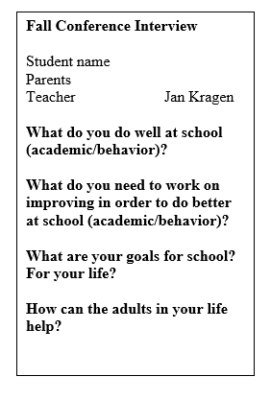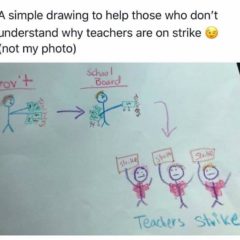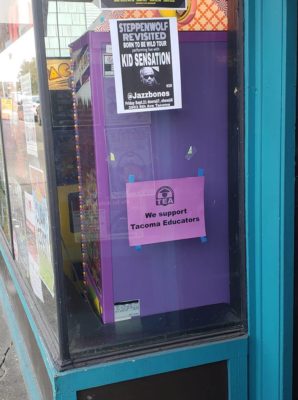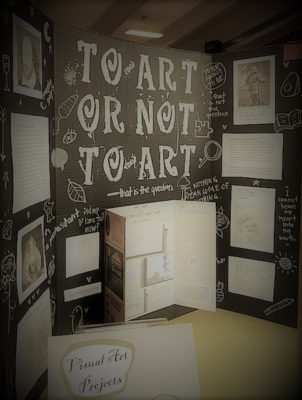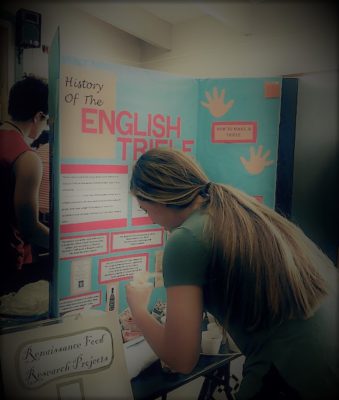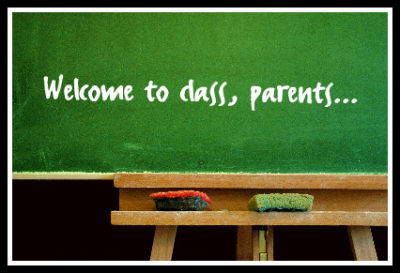Thursday, March 12, we had a staff meeting after school where we learned that eventually schools might be closed for a period of time.
Friday, March 13, at 12:30, I learned school would close the following Monday. We were told to gather work to send home that would support student learning for the next six weeks.
I flew around, getting math, ELA, and science organized so students could take them home by the end of the day. Before they left, I hugged them all (one last time before social distancing made us stop that!) and said I planned to start teaching them for “at least one hour a day” starting the next Monday.
I spoke too soon.
Continue reading

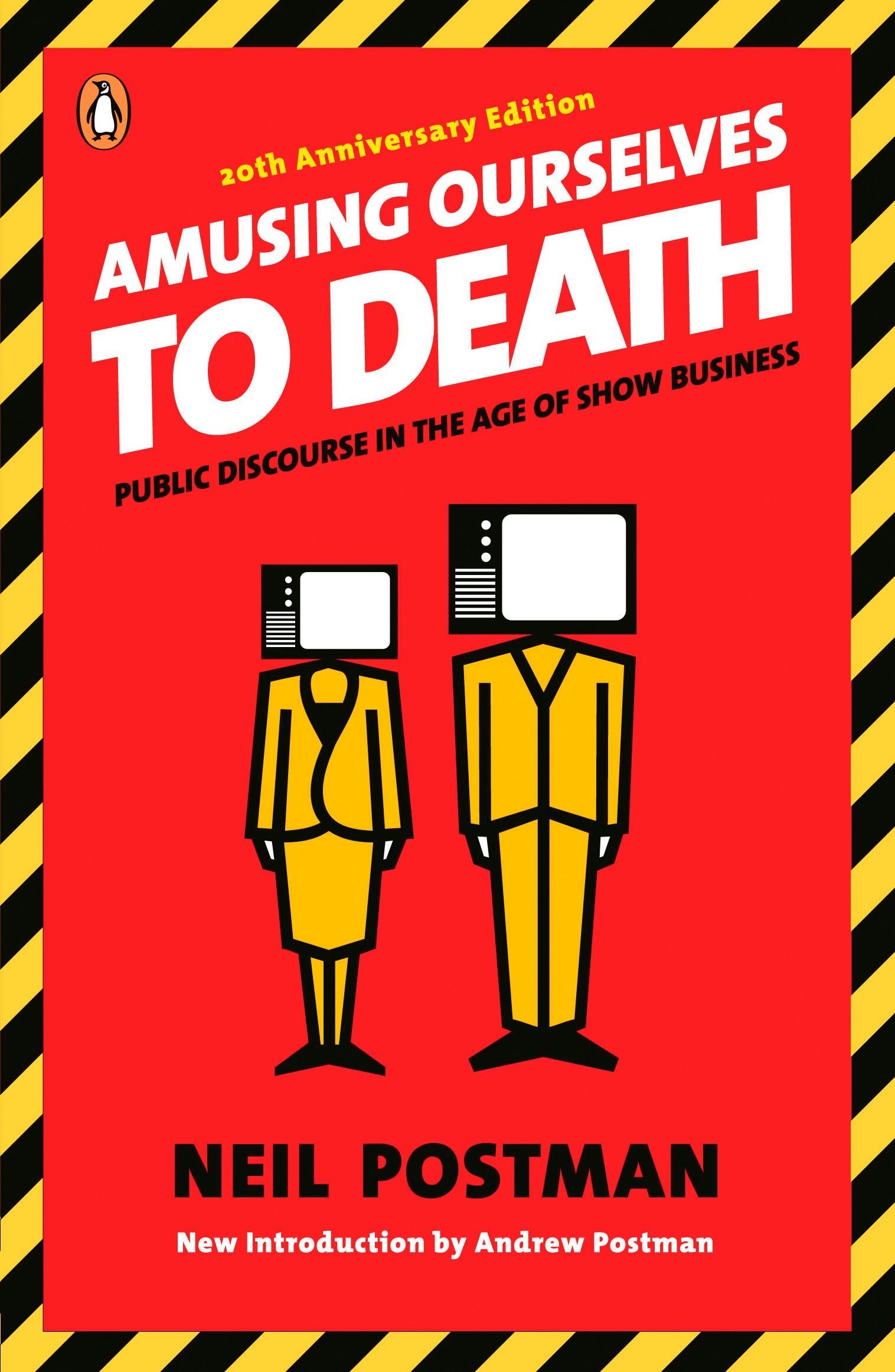 Neil Postman, and, being the serious minded young person I was, I thought hard about both the messages I received and the medium through which I received them.
Neil Postman, and, being the serious minded young person I was, I thought hard about both the messages I received and the medium through which I received them. I have students write in a journal nearly every day. At the beginning of the school year I ask them to write short pieces about gifts or talents they have, ones they wish they had, and ones they are willing to work hard on this year to develop as skills. Often those responses have little or nothing to do with school. They have to do with sports teams or drama classes or art classes. Which is great — I learn a lot about my students’ interests. I have them type those pieces and print them. I hang them on the bulletin board in the hall.
I have students write in a journal nearly every day. At the beginning of the school year I ask them to write short pieces about gifts or talents they have, ones they wish they had, and ones they are willing to work hard on this year to develop as skills. Often those responses have little or nothing to do with school. They have to do with sports teams or drama classes or art classes. Which is great — I learn a lot about my students’ interests. I have them type those pieces and print them. I hang them on the bulletin board in the hall.